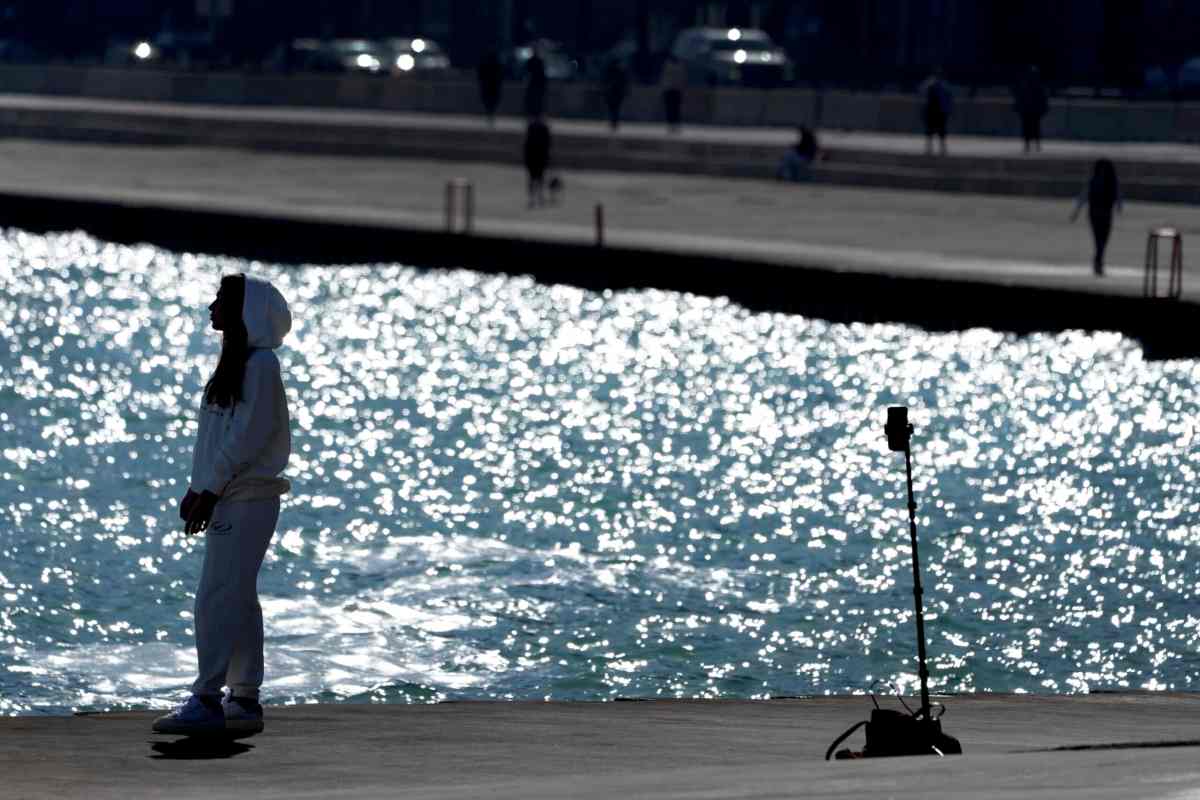A powerful winter storm was dumping deep snow in parts of the West on Monday and much of the central U.S. was unseasonably warm: People played golf in Wisconsin and comfortably walked their dogs in Iowa, where some bulbs were starting to flower. And high winds hiked fire risks in several states.
Why was it happening?
Three things explained the weird weather in much of the U.S.
This band of strong winds keeps warm air, which blows up from the south, trapped below cold air that comes down from the north. The jet stream constantly shifts. Recently, it’s been sitting far north enough to mean that warm air has been blasting the normally frigid Upper Midwest.
“The orientation of it right now is not very winter-like,” said Andrew Orrison, a meteorologist with the National Weather Service in College Park, Maryland.
In all weather science, it’s virtually impossible to directly attribute any individual phenomenon to a specific cause. How global warming affects the position of the jet stream is a case in point.
But climate change, caused by human activities that release plant-warming gasses like carbon dioxide, is causing global temperatures to be warmer than normal. In fact, January 2024 broke the record for the warmest first month of the year, which was previously set in 2020, according to the Copernicus Climate Change Service of the European Space Agency. January was 2.74 degrees Fahrenheit warmer than pre-industrial levels.
Also at play is a weather pattern called El Niño, which can cause the jet stream to sit more northward than usual.
The East Coast will see warmer weather arrive by mid-week, with cities like Washington and New York expecting temperatures well above normal.
Southern regions are also experiencing unusually warm weather, and could see temperatures in the ‘80s and ’90s. Dallas-Fort Worth is likely to be at least in the low ’90s, which would break a daily record.
An earlier version of this story incorrectly said El Niño transports warm air from the Gulf of Mexico northward.
The Associated Press’ climate and environmental coverage receives financial support from multiple private foundations. AP is solely responsible for all content. Find AP’s standards for working with philanthropies, a list of supporters and funded coverage areas at AP.org.

























